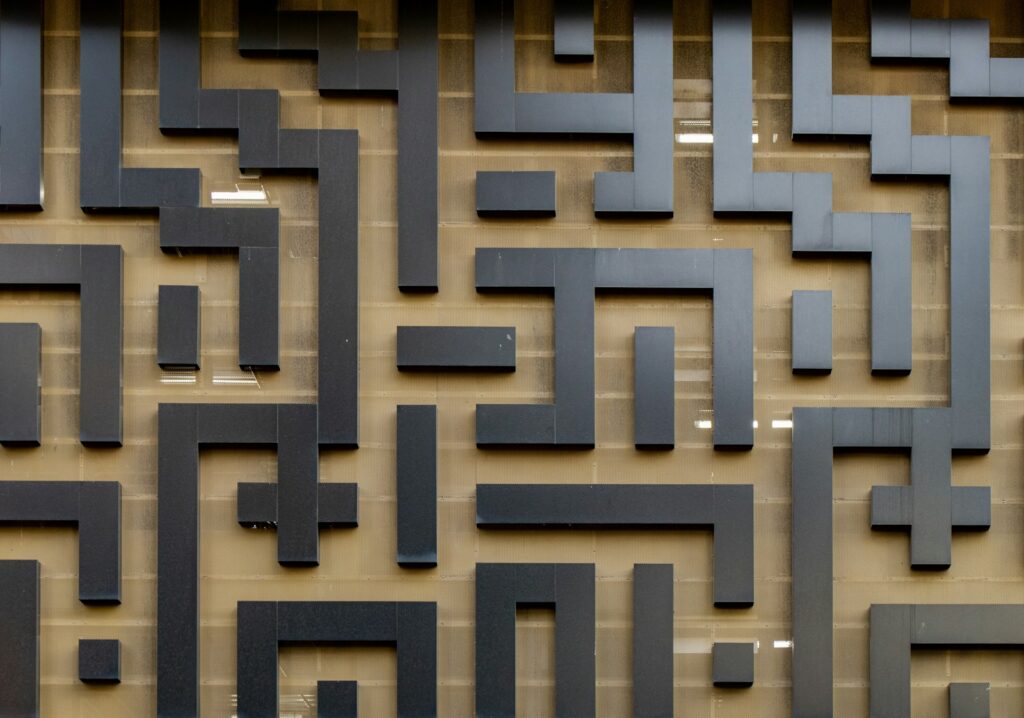Knowing ourselves sometimes means acknowledging parts of ourselves in a broken reflection. Though it may sound painful, many realisations will come from this broken reflection. And what I mean by broken reflection is our shattered understanding of ourselves due to our emotional fragility. From our early years and since our first adaptation to life, we had formed certain coping and defence mechanisms in order to survive from being shattered. This mechanism bred a perspective on how we view ourselves.
Within these mechanism’s perspective, we sense ourselves. Through that sense of self, we formed certain concepts and beliefs about who we are. And to some extent, we may wrap ourselves with lies that we hear from others about ourselves and try our best to hide our imperfections from them due to their judgment. Some of us may wrap ourselves in a perfect persona. We represent ourselves in a curated form. A well-curated mask and play our roles in society with those masks. In fact, it is the function of persona.
During certain periods in life, this well-curated persona helps us to attain our goals. A reason why we may think that we are our persona, which we have succeeded in maintaining for a long time until the mask falls off. And we finally see the glimpse of I, whom we don’t recognise all through this time. We see the broken pieces behind the perfected mask. Our fragility finally succeeds in making us succumb within the terror of shock.
We may then deny what we see. But still, the image of the broken reflection will haunt us and drain our psychic energy when we choose the denial technique. In the end, we can’t run from our fragility forever. We must admit that we are humans who have emotions, wounds, and fragility.
Accepting the broken parts
Being human means that we have emotion. To deny our emotions is denying our nature. Yet to accept our emotional fragility and to see our shattered selves is not an easy task but also a possible task. For some people, they need to deal with their deepest fear, which makes things a little bit harder for them. They have to look at that fear to acknowledge what kind of fear that is. What is something about themselves that they are most afraid to find out?
The things that we are afraid of are the things that we hide. For instance, when we defend our sense of rightness against the world without having the need to stop and think, it’s possible that we are afraid of being wrong. Perhaps, by acknowledging our fault, we will feel hurt due to our early experience when we made mistakes. This unresolved emotion is what we are running from. And this is the part that we need to accept. We need to accept that we’re broken and shattered in certain circumstances. By acknowledging this, we may stop functioning and reacting to life from our survival mode.

Emotional-awareness to understand our broken reflection
One thing that may help us in understanding our broken reflection is self-awareness. And the first thing that may help is having an awareness about emotions. What we feel during and to every circumstance is a key note to understand our puzzles of self-understanding. Emotions may show us the way to enter our labyrinth within. They also can help us to have better acknowledgment about our boundaries and our stance to certain things in life.
On the one hand, emotion is the alchemical fire whose warmth brings everything into existence and whose heat burns all superfluities to ashes…. But on the other hand, emotion is the moment when steel meets flint and a spark is struck forth, for emotion is the chief source of consciousness. There is no change from darkness to light or from inertia to movement without emotion.
(Jung 1938:96)
Mending through the cracks
Perhaps one of the clearest sign of seeing this world through the broken reflection is by repeatedly taking things personally. You can check my writing on this topic here.
When we are used to being blamed for things that we did or feel misunderstood by those around us, we may conceptualise an outcast personality. We may feel like outsiders and repress the need to be understood by saying to ourselves that no one understands us. Even though our intention is noble enough to not have expectations of others, we still put ourselves inside the box. By having no expectations, we need more attention from ourselves.
This need has doubled the pain of our rejected wounds and our efforts to protect those wounds by building a box to hide them. So whenever a person tries to comment or point out that wound, you may feel attacked by them. You may feel that they don’t like you personally, or even worse, that they have rejected you. Again.
Most of the time, people do things based on who they are, not about who you are.
Here is a simple elaboration of that:
When I say no when you are asking me to join you in your party, your rejected wounds may whisper that I don’t want to go because I don’t like you. But, in reality, I said no because I didn’t have spare time that day. There are some deadlines that I need to catch up on that may affect my job in a bad way when I am not able to. But your unconscious rejection wound may create another reason to invalidate my reason for saying no.
The fact is, by dismissing your rejected wounds, you will take every rejection from others personally. You won’t see it from a different perspective because you reject to validate your own rejected wound, therefore, whenever someone points out that wound, you feel like they are against you. In fact, you are the one who is against yourself. You are standing against yourself. That’s why you also think that the world is always against you.
It is important to remember that people’s attitude towards life is not based on who you are, but on who they are.
One simple fact about life is that how people treat you is not based on who you are; it is based on who they are. Knowing this, we don’t need to take what they did to us as a personal attack. Acknowledge and validate your feelings and emotions towards their behaviour, but don’t let it affect how you view and feel about your self-worth.
Know what you bring on the table, and when someone refuses to eat that, it’s not because what you have is bad, it’s simply because it’s out of their reach, not their preferences, or not aligning with who they are. It’s not because you are not worthy enough. It is because of their ability to respect you for who you are. By having this understanding, we can see that we are indeed enough even within the landscape of our broken reflection.




